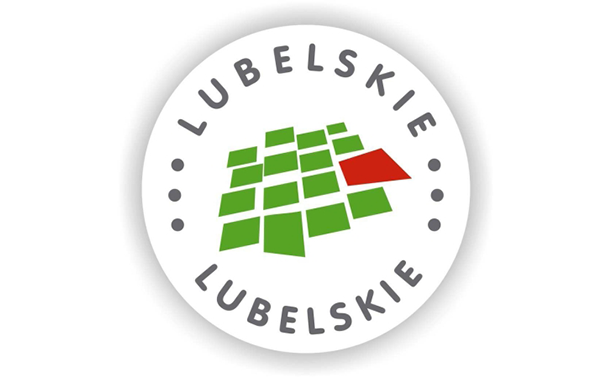
Polish region sets its sights on bio-economy growth
by Tim Willmott : Comments Off on Polish region sets its sights on bio-economy growth
The eastern Polish region of Lubelskie is putting smart specialisation at the heart of its economic development strategy for the 2014-2020 period, and eco-innovation is set to play a significant role. Lubelskie was a partner in the FRESH Interreg IV C European Union project, which aimed to embed and integrate eco-innovation into regional development policies.
Innovation strategies for smart specialisation involve the focusing of limited resources on a select number of sectors that provide the best option for knowledge-based regional development, as opposed to a more general development approach that might result in resources being inappropriately targeted at sectors in which a region has no particular advantages (for more information, see this article.
For Lubelskie, this approach means building on its strength as one of Poland’s main agricultural regions. Korneliusz Pylak of the Department of Economics, Lublin University of Technology, who worked on the Lubelskie smart specialisation strategy for the region’s Marshall’s office, says that “We decided to specialise mainly in the bio-economy – in food production and bio-resources processing, because we are an agricultural region. This is what we have and we have to take advantage of the agricultural side of our economy.”
For its food sector, Lubelskie has identified a number of broad objectives: investment in research that will lead to improved food quality and processing; to carry out more food processing in the region, rather than exporting food for processing elsewhere; to develop new products and Lubelskie-branded foods; to use green energy for food processing; and to apply sustainable farming practices.
Linked to this is a focus on development of biodegradable products – such as food packaging – based on local resources. In this focus area, Lubelskie plans to build on its academic resources – the region is host to a number of universities and technology institutes – to improve skills for eco-design of products, to promote research into new bio-based materials, and to support projects that transform biodegradable materials into high-value products.
Lubelskie will also put its agricultural knowledge to work in energy terms – promoting biomass energy, for example. The region will also promote eco-innovation in its construction sector, where there is the opportunity to develop passive housing, to refit buildings, and to build more sustainability into the existing bedrock of local knowledge and skills.
More information


Comments are closed